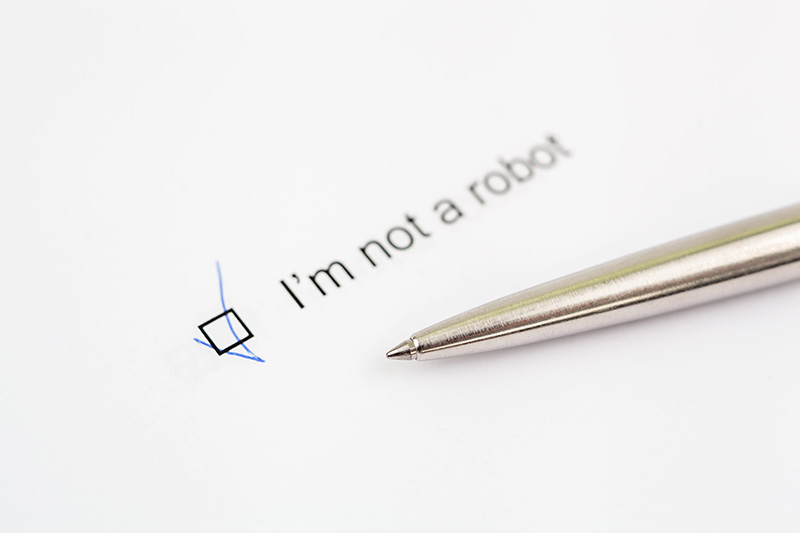Content & Graphic Design
Connecting With Your Audience: Why Empathy Is Important in Content Writing
By Jill Clark, Ann Wagner | 06.01.2023
Most lawyers are natural-born problem solvers. From arrests to accidents, law firm phones ring and email boxes fill up when people are in trouble. Yet despite playing critical roles in trying times, most people consider attorneys a necessary evil.

What Empathy Is (And What It Isn’t)
The inimitable Brené Brown tells us, “Empathy is not connecting to an experience. Empathy is connecting to the emotions that underpin an experience.” Not to be confused with sympathy, empathy is our ability to understand how someone feels.
Keys to effective content writing abound, but empathy is Rain BDM’s secret sauce. That is the ability to put yourself in your client’s shoes and write from a place of compassion. Effective empathic writing says, “I see you; I get what you’re going through, and you’re not alone.”
How to Write With Empathy
Your marketing content is an opportunity to stand out from the crowd. Accustomed to the clumsily written sales pitches on most attorney websites, a great landing page or blog post can make clients feel understood in a way they’re not anticipating. Most clients are intimidated by attorneys, so overcoming that stigma with great content gives you the ultimate competitive edge.
While it sounds obvious, writing empathically is easier said than done. Here are a few tips to get you started.
Draw from your personal experience: Many lawyers have honed their bedside manners. They know the right soothing words and concerned facial expressions to offer when a client shares their plight. But this mode typically comes from a sympathetic place, where attorneys feel for another’s pain. Empathy operates at the next level, where we’re feeling as another.
Our own challenges provide the best starting point to write from. “Walk a mile in my shoes” is a saying we have all heard, and for good reason, too. This adage encourages us to understand another person’s journey. We may not have been in the client’s exact shoes, but we’ve all had moments when we felt overwhelmed, fearful, and perhaps a little traumatized. Remembering how that felt can instantly help us strike the appropriate tone.
Write to one person: Empathy tends to come naturally when a client bursts into tears in their lawyer’s office. We stop overthinking what we’re saying as the human instinct to soothe kicks in. This mental framework can be harder to tap into from a computer screen, but directing our writing to one distraught client instead of the entire collective can help get the juices flowing.
In this sense, you can think of your marketing content as a consultation on paper. What questions do you always ask? What concerns are voiced? What would you say to a particular client if they were in your office right now?
Keep the legal explanations simple: There’s a fine line between anticipating your clients’ questions and overwhelming them with legal jargon. Lawyers often struggle to gauge the layman’s level of understanding, vacillating between overwhelming the reader and failing to provide any answers at all.
A good rule of thumb is to communicate legal information as if you were talking to one of your grandparents. This is something I learned early in my career when developing client communications. If one of my beloved grands could not understand my writing, it didn’t pass the test. Using legal jargon or other technical terms doesn’t make your content smarter or better. In fact, the opposite is likely true. Clients get turned off if they don’t comprehend what you’re sharing. Create content that is easy to understand and shows empathy for the client.
Ultimately, empathic writing is about accessing your humanity on the page. Go ahead and give it a whirl. Your clients will appreciate your efforts. Just ask your Grammy or Pop Pop.






